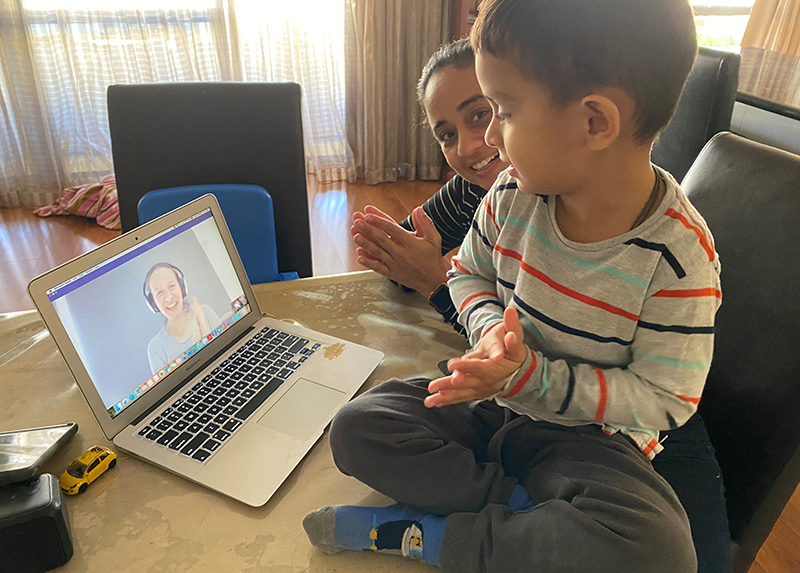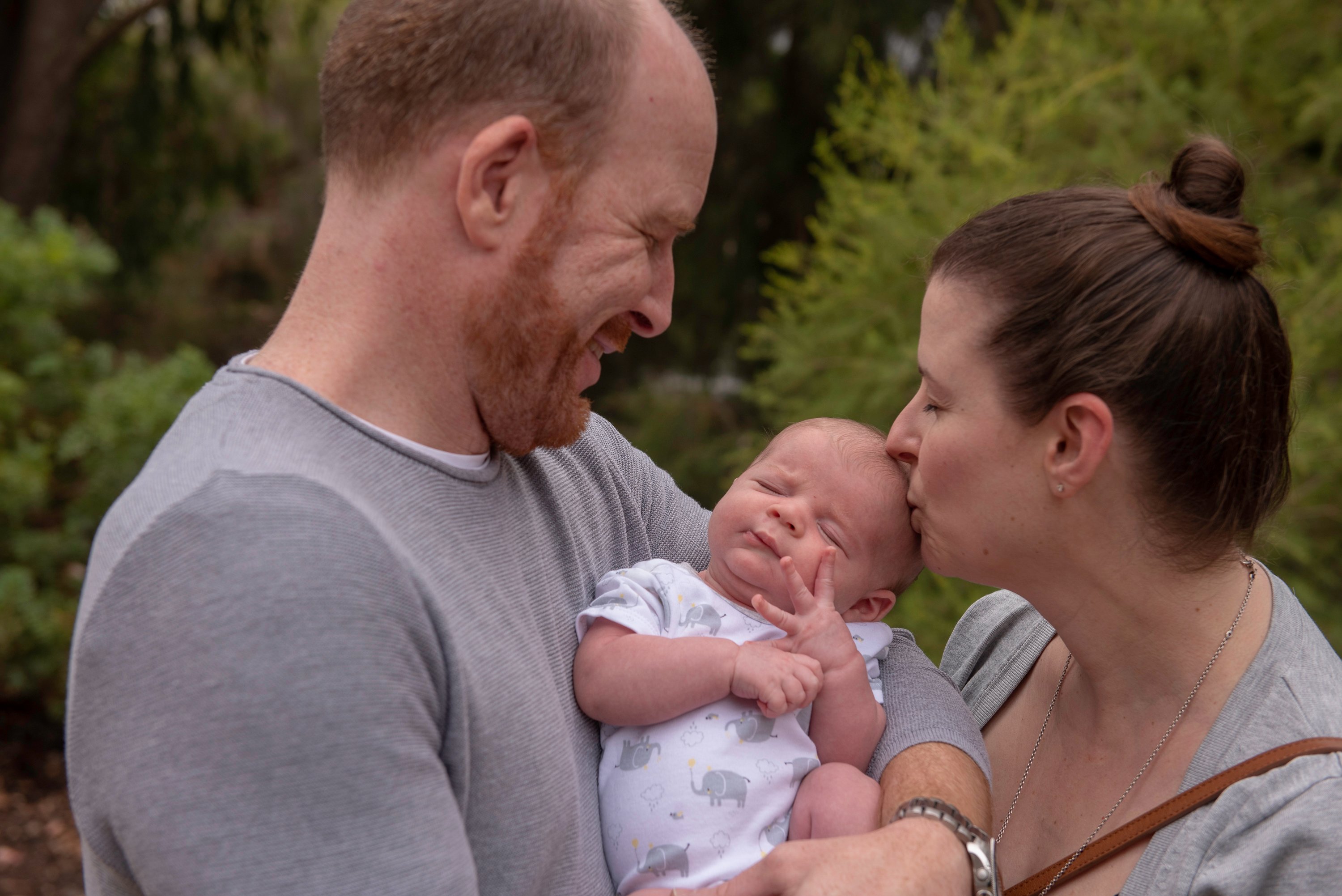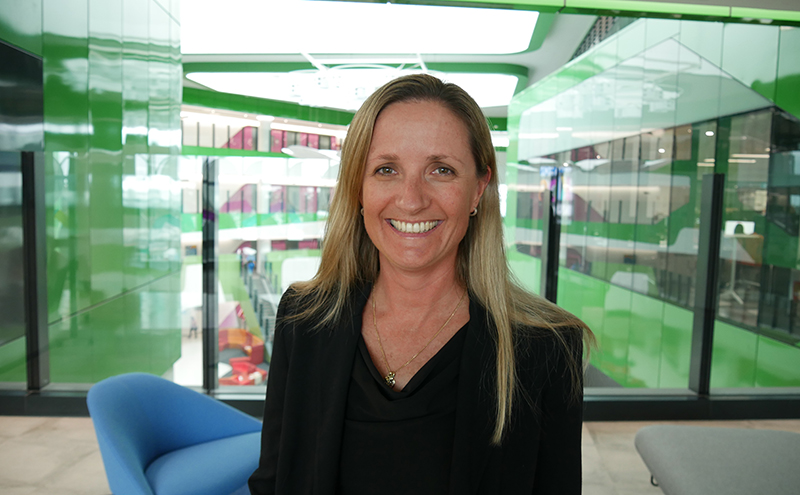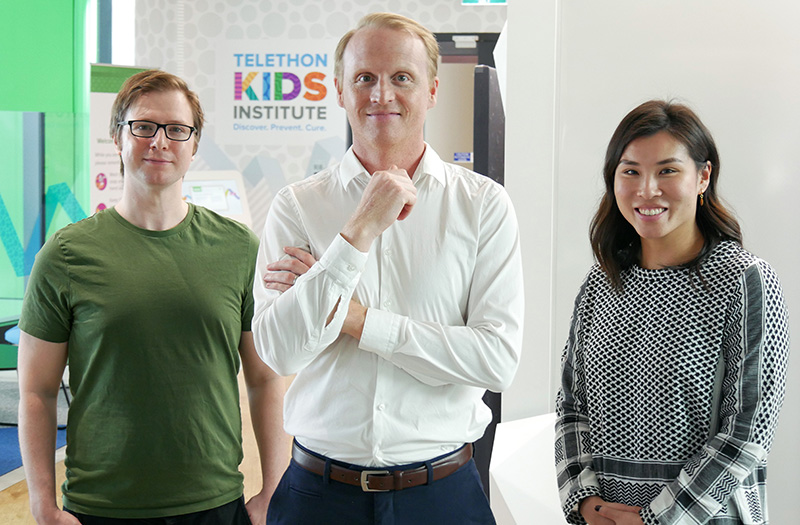Search

The CliniKids team has reimagined how allied health services for children with autism spectrum disorder or developmental delays are delivered.

Engaging activities to help families keep kids happy and healthy during social isolation are available in an Australian app underpinned by the latest child development science.

At least 2,000 WA healthcare workers will help test whether an existing tuberculosis vaccine can reduce their chance of COVID-19 infection, lessen the severity of symptoms and boost immunity.

Many children have transitioned to home schooling as a result of the COVID-19 pandemic – bringing about a big change in routine for kids and the entire family.

Colab’s new Bright Tomorrows parent app is helping families across Australia give their young children the best developmental start in life.

Bushfires can have a considerable impact on our physical and mental health, with some symptoms lasting long after the blaze is extinguished. And our children are amongst the most vulnerable.

The Kids Research Institute Australia is pleased to share in $490,000 in State Government funding designed to provide vital support to WA’s innovation sector in the wake of COVID-19.

A The Kids Research Institute Australia researcher focused on promoting more active childhoods to improve child health and wellbeing will be named amongst WA’s most outstanding young scientists at the upcoming 2020 Young Tall Poppy Science Awards.

A world-leading research team built to tackle malaria has relocated from Oxford University to Western Australia to take advantage of the state’s growing big data talent pool.

The Kids Research Institute Australia researcher Hayley Passmore will use a prestigious Churchill Fellowship to investigate better ways to support young people in detention who are affected by neurodisability.
